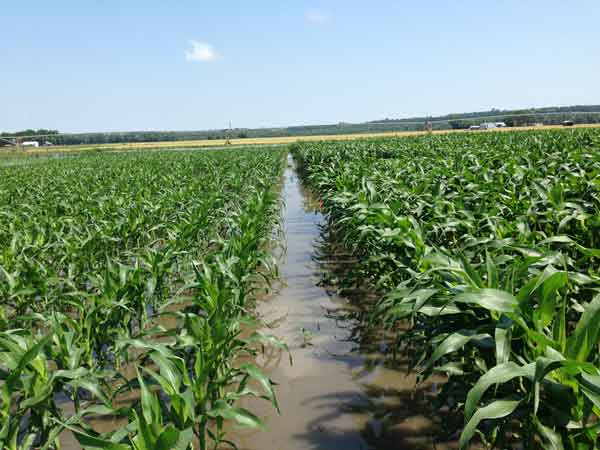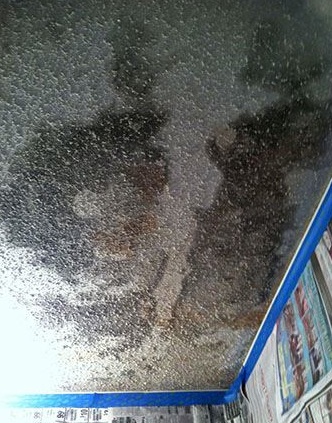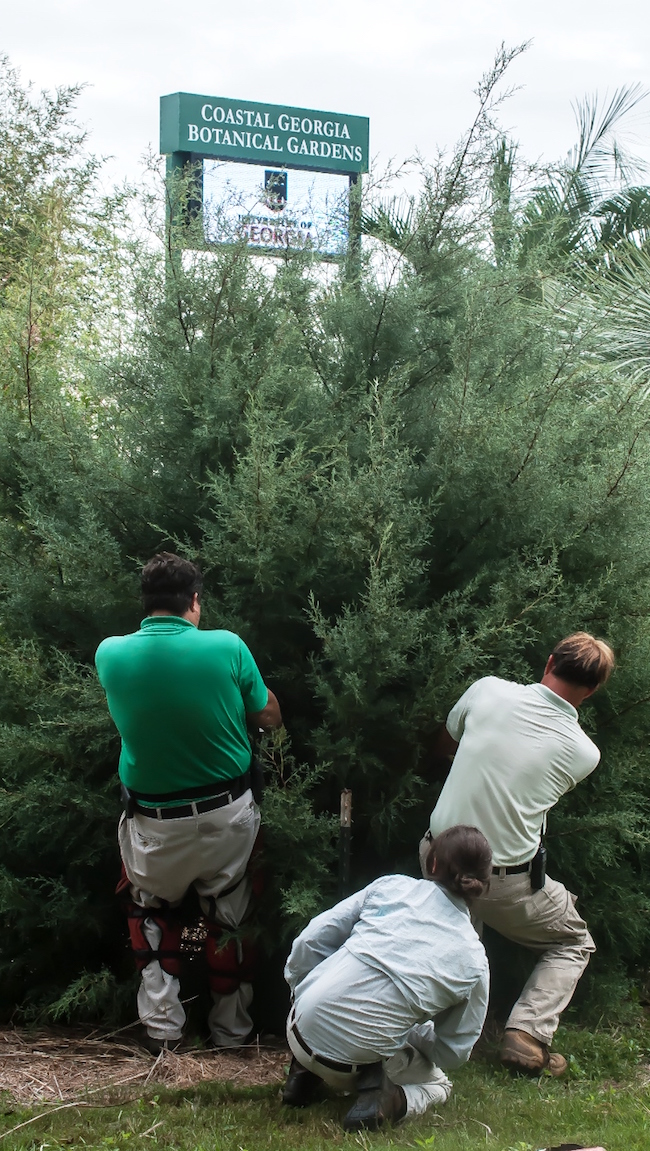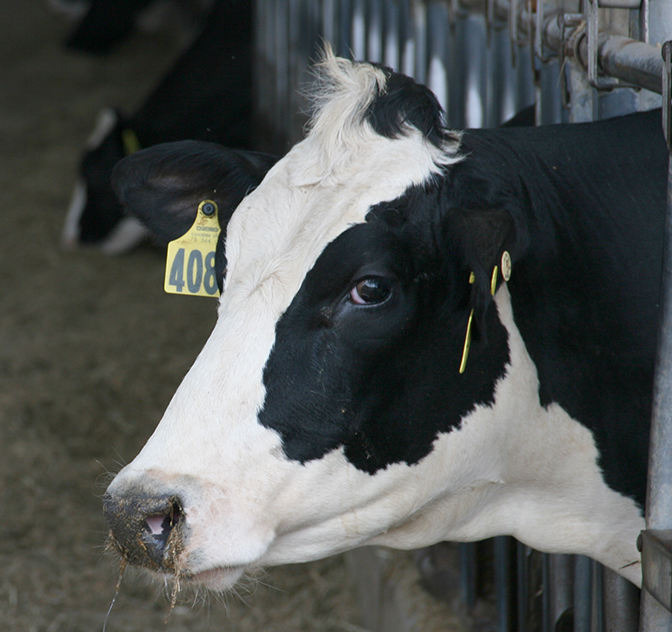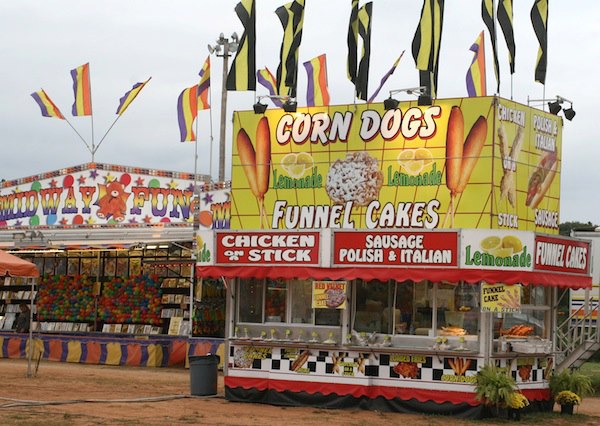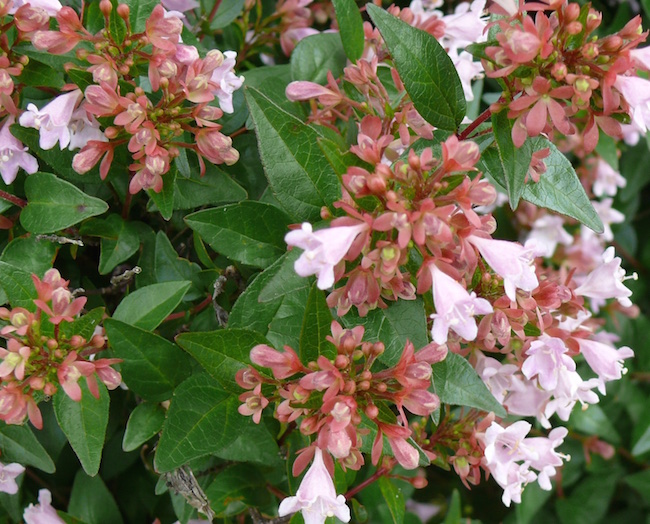 CAES News
CAES News
Foundation Plants
What makes a good foundation plant for your home landscape? Any plant that can tolerate extreme heat, highly compact soil and a highly alkaline soil pH is a good candidate.

